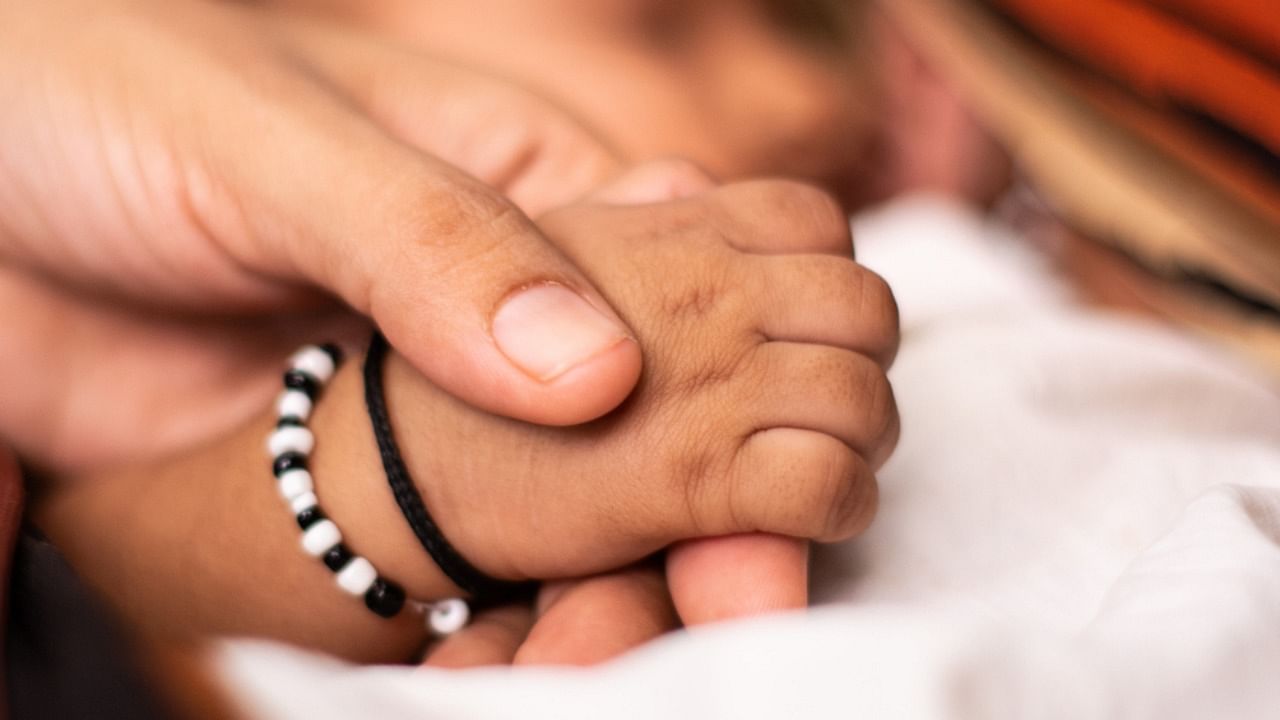
Researchers with the Indian Institute of Technology-Madras (IIT-M) are working with the National Health Mission to develop virtual reality tools to combat maternal and newborn deaths.
An IIT-M team at the Centre of Excellence on Virtual Reality (VR) and Haptics, called Experiential Technology Innovation Center (XTIC), identified that skill training of the health workers was a major challenge that the country was facing, specifically at the primary health centres in rural settings.
Dr. Darez Ahamed IAS, Mission Director, National Health Mission Tamil Nadu, released the ‘SmartNRP project’ IIT-M on Tuesday for rural healthcare workers to reduce the maternal mortality rate in India.
Neonatal Resuscitation Protocol (NRP) is the global standard in first-aid techniques for newborn babies that are not breathing/crying. The IIT-M said using VR, Gaming Technologies, cloud, and AI/ML, the SmartNRP tool will be used for training the PHC health workers in Tamil Nadu under National Health Mission (NHM) to take the technologies forward. This will be scaled subsequently to other states in India where Neonatal Mortality Rate (NMR) is very high.
“If you look at infant mortality, the biggest contributor is Neonatal Mortality Rate (NMR) which is death within 28 days of birth. Around 40 babies are lost per every 1,000 births. We want to bring this down to single digits and all these initiatives are towards this direction. We assure that these tools will now be provided to the healthcare workers in delivery points and we will also have special training points,” Ahamed said.
He also asked the IIT-M to develop tools to train healthcare workers in various other areas such as treating accident victims.
Prof. V Kamakoti, Director, IIT-M, stressed on the need to bring in technology that will be accessible to rural India and this technology is a step in that direction.
“This was one of the key learnings from the Covid-19 pandemic. I am sure Virtual Reality will make an impact not only in healthcare verticals but in other areas as well. There are lots of very interesting ideas from IIT-Madras research scholars and students. The Institute has a process by which an idea can be converted into a product and benefit the society at large,” he said.
According to the IIT-M research team, most technologies utilised for skill training in healthcare are currently imported and do not address the unique challenges of India’s skill training - scalability, limited resources, and dense population in rural settings.
The XTIC team utilised state-of-the-art technologies such as Virtual Reality, 5G, Robotics, AI/ML to address the big gap that India faces in Skills Training. Their startup ‘Merkel Haptics’ launched a unique ‘In-Vitro Fertilisation Training Simulator,’ which was released earlier to the global market.
Check out DH's latest videos: